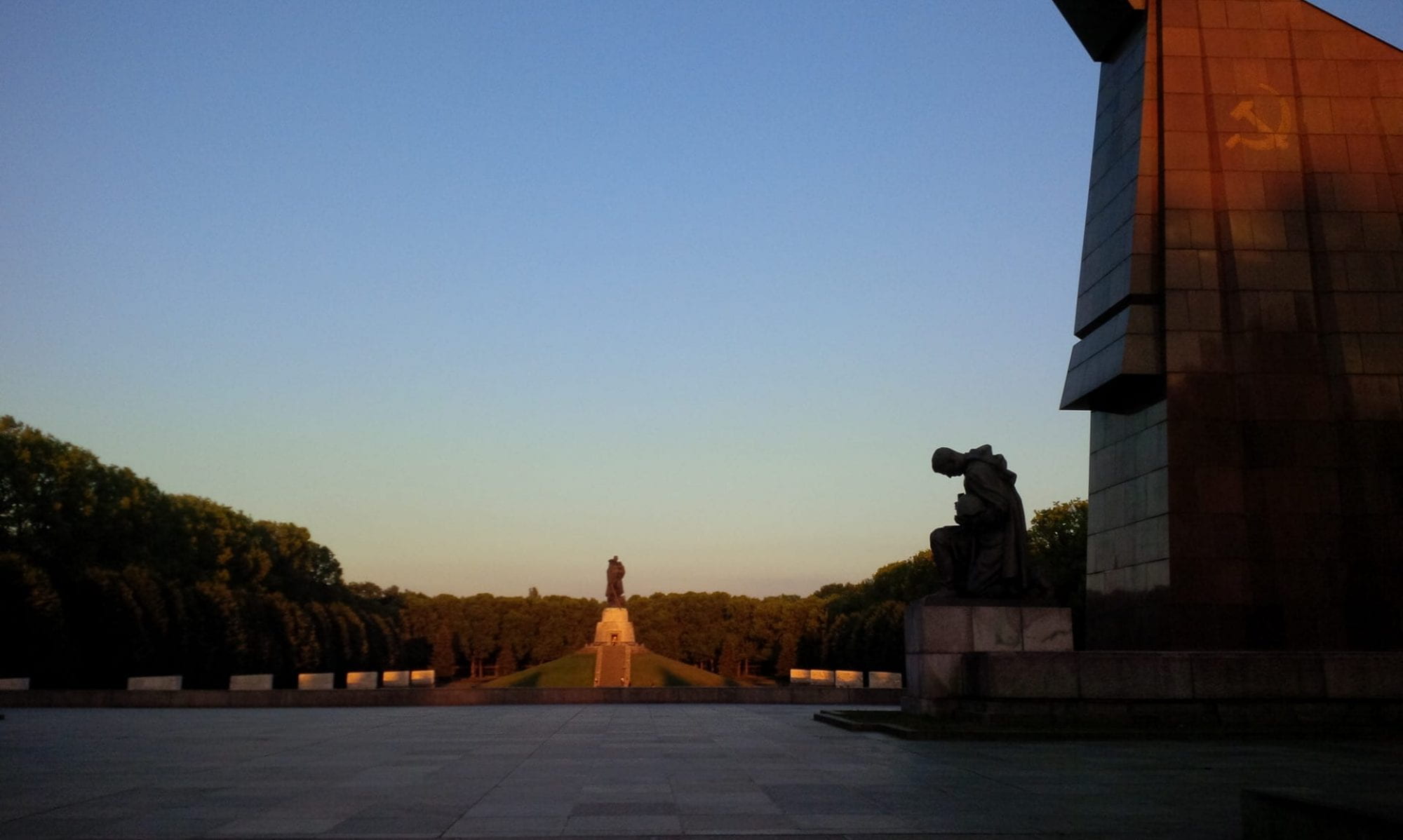The comparative framework invoked by Monique Scheer to grapple with Liberal Protestant and Charismatic Christian conceptions of enchantment, emotion, conviction, and doubt reflected the epistemological history of social theory. The Liberal Protestants Scheer spoke with during her research in Germany were very invested in assertions of autonomy and the free-thinking self – the liber in liberalism. This emphasis on the cognitive, rational, speaking subject is rooted in post-Enlightenment critical discourse, which subsequently neglected man’s emotional or embodied experiences. In contrast, the Charismatic Christians expressed their religious conviction, a term Scheer employs as a substitute for belief, through bodily means, such as passionately singing devotional songs, moving one’s lips during prayer, and murmuring aloud. Such material displays of emotion are the physical performance of what Scheer calls “a technology of enchantment,” which is necessarily an affective process. By holding these two forms of religious practice in tension, Scheer demonstrated how each group, the Liberal Protestants and the Charismatic Christians, draws upon a distinct methodological tradition.
Complicating this neat dualism, however, are several points made by Scheer. Primary among these is the tendency of Liberal Protestants to self-identify as emotional more often than their Charismatic Christian counterparts. Scheer explains this discrepancy by theorizing about the function that emotion serves. The Liberal Protestants interviewed by Scheer could not fully grasp her questions regarding God’s presence; they simply don’t conceive of God in this kind of physical, material way. Indeed, they expressed that they would be uncomfortable with such a presence, even fear it, and that they would rather not have such a presence at all. These conversations illuminate the fact that Liberal Protestants require doubt in a way that Charismatic Christians, who experience God’s presence as materially and bodily mediated, do not. Scheer posits that emotion soothes and mediates doubt, and, because Liberal Protestants rely on doubt for the perpetuation of their faith, this explains why they consider themselves emotional more often than Charismatic Christians do.
At the end of the presentation, Scheer discussed the ‘forced choice’ that Peter Berger attributes to religious pluralism, the effect of which necessarily imparts doubt. After all, if there are so many different ways to worship, which one is correct? But aren’t we also making a forced choice when we relegate the object of our inquiry to either liberalism or affect? Does this choice not also spark doubt about our ability to consider what we call religion holistically? How can these two theories, so often stretched to their totalizing limits, be if not synthesized at least utilized in complementary, dialogical ways?
Anna Donch is a graduate student at New York University.
